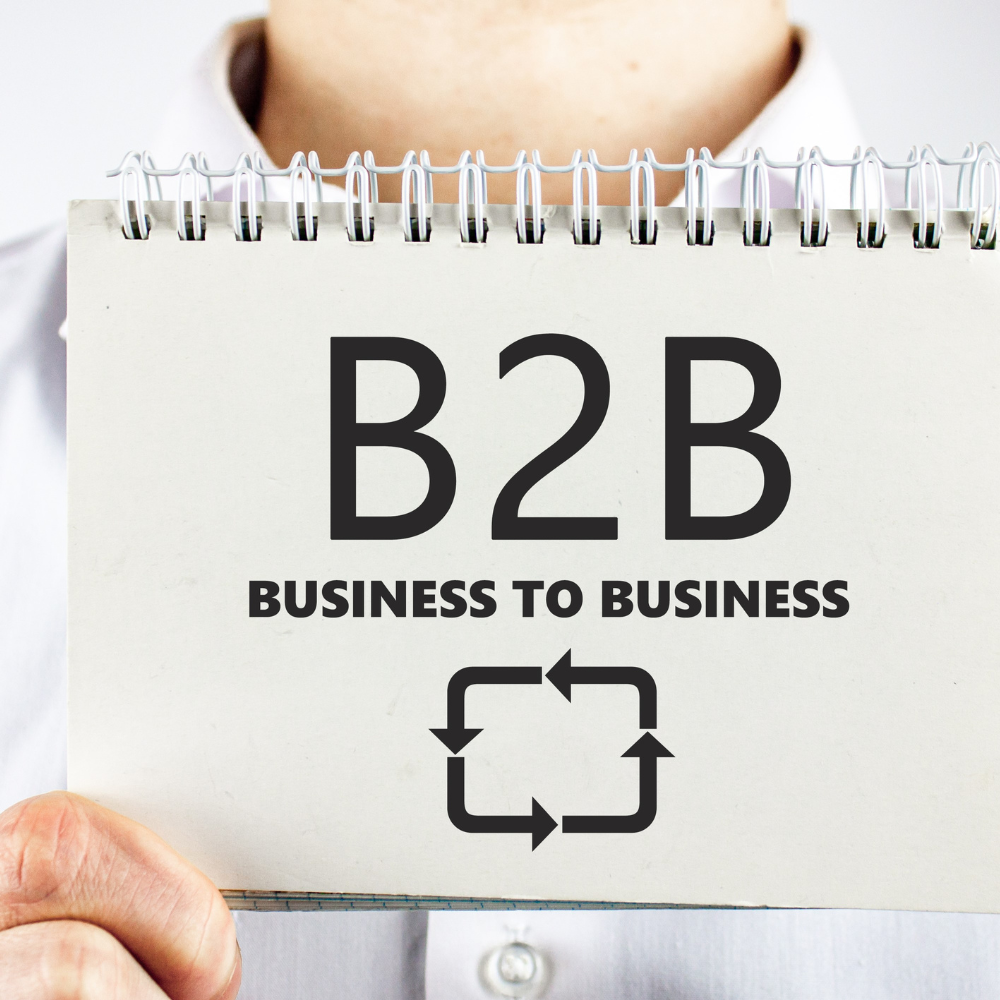Navigating the Pitfalls: Common Mistakes in B2B L

In the ever-evolving landscape of business-to-business (B2B) marketing, misconceptions abound. As technology, consumer behavior, and market dynamics continue to shift, it's crucial for businesses to stay informed and challenge outdated beliefs. In this blog post, we'll explore and debunk some common misconceptions surrounding B2B marketing.
Misconception: B2B Marketing is Boring
One prevailing misconception is that B2B marketing is dull and lacks the creativity found in its B2C counterpart. The truth is, B2B marketing can be just as exciting and creative. In today's digital age, successful B2B marketers leverage engaging content, compelling storytelling, and innovative campaigns to capture the attention of their target audience. Infographics, podcasts, and interactive webinars are just a few examples of creative B2B marketing strategies that break the mold of traditional approaches.
Misconception: B2B Buyers are Rational Robots
Another misconception is the belief that B2B buyers make decisions solely based on logic and facts. In reality, B2B buyers are human beings influenced by emotions, relationships, and personal experiences. Understanding the emotional aspect of decision-making is crucial for B2B marketers. Building trust, emphasizing value propositions, and creating a positive customer experience are essential components of successful B2B marketing campaigns.
Misconception: B2B Marketing is Exclusively Inbound
While inbound marketing is a powerful strategy in the B2B realm, the misconception that outbound marketing is obsolete is far from accurate. Outbound marketing tactics, such as targeted email campaigns, social media advertising, and direct outreach, remain effective in reaching and engaging potential clients. A well-rounded B2B marketing strategy often combines inbound and outbound approaches to maximize visibility and lead generation.
Misconception: B2B Marketing Doesn't Require Social Media
Some believe that social media platforms are more suited for B2C marketing and are irrelevant in the B2B space. On the contrary, social media is a valuable tool for B2B marketers to connect with their target audience, build brand authority, and foster relationships. LinkedIn, in particular, has emerged as a prominent platform for B2B networking and content distribution. B2B marketers can leverage social media to share thought leadership content, engage in industry discussions, and showcase the human side of their brand.
Misconception: B2B Marketing Doesn't Need Personalization
Personalization is not exclusive to B2C marketing. B2B buyers also appreciate tailored and relevant content that speaks to their specific needs and challenges. Advanced data analytics and marketing automation tools enable B2B marketers to segment their audience, personalize messaging, and deliver targeted campaigns. Personalization enhances the overall customer experience and increases the likelihood of converting leads into loyal clients.
Misconception: B2B Marketing is All About Lead Generation
While lead generation is undeniably crucial in B2B marketing, focusing solely on acquiring new leads without nurturing existing relationships is a misconception. Customer retention and loyalty are equally important aspects of B2B marketing. Building long-term relationships with clients through ongoing communication, valuable content, and exceptional customer service contributes to customer satisfaction and loyalty.
Misconception: B2B Marketing Success is Instant
Expecting immediate results from B2B marketing efforts is a common misconception. Unlike some B2C campaigns that may generate quick returns, B2B sales cycles are typically longer, involving multiple decision-makers and complex purchasing processes. Patience is a virtue in B2B marketing. Building brand awareness, establishing trust, and nurturing leads require time and consistency. B2B marketers should focus on long-term goals and recognize that the impact of their efforts may take time to materialize.
In the dynamic world of B2B marketing, dispelling misconceptions is essential for staying ahead of the curve. Recognizing the creativity inherent in B2B marketing, understanding the emotional aspects of B2B buying decisions, and embracing a diverse range of strategies are key to success. By challenging outdated beliefs and adopting a holistic approach, B2B marketers can navigate the evolving landscape and create impactful, customer-centric campaigns.